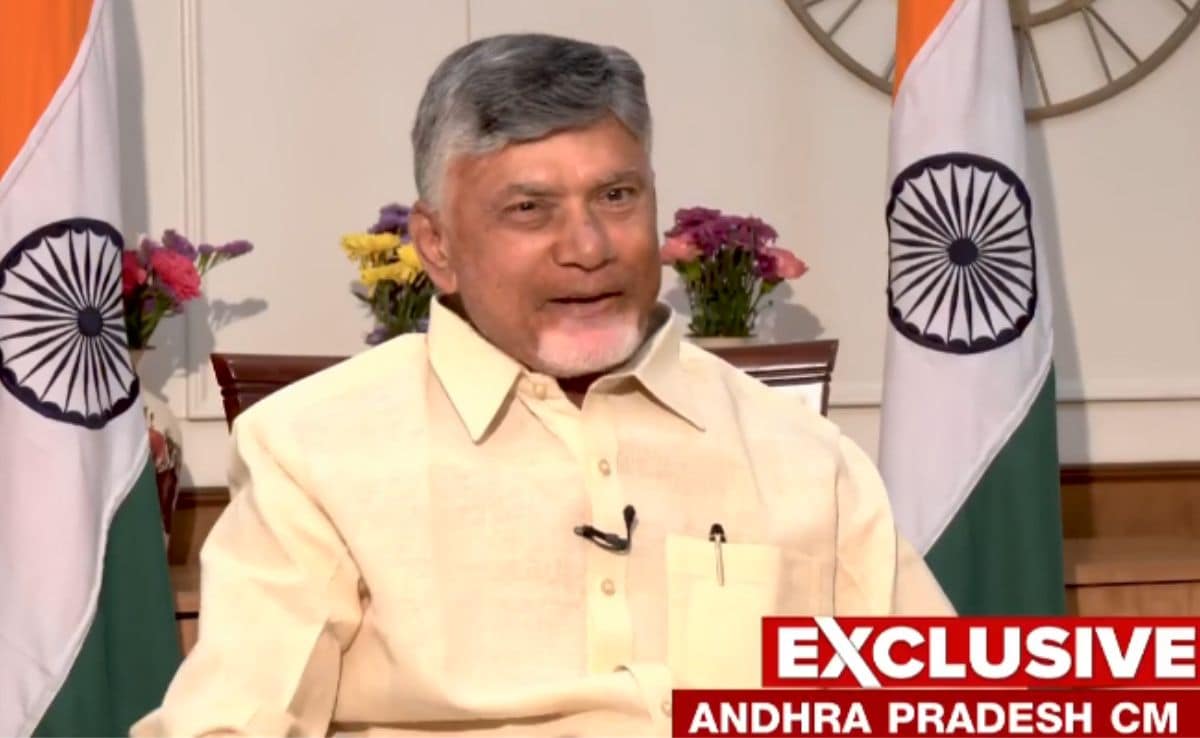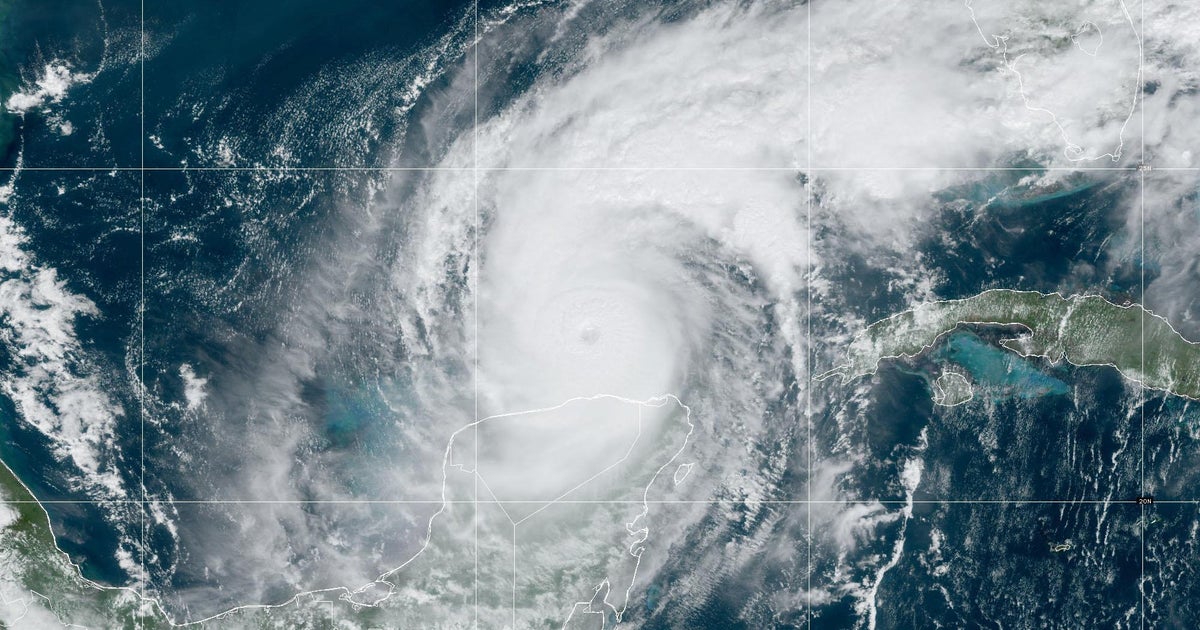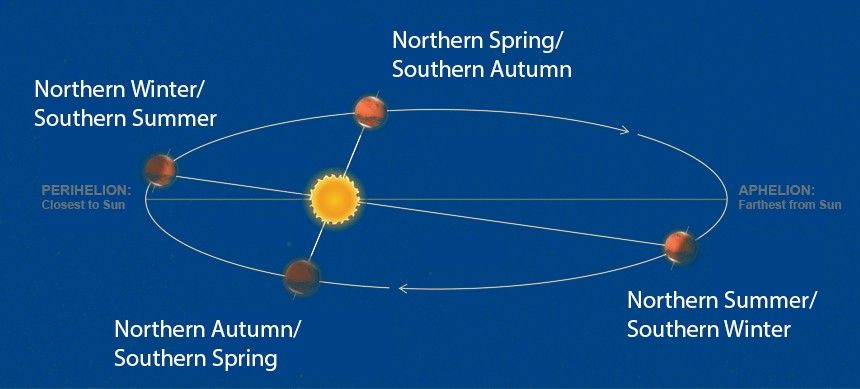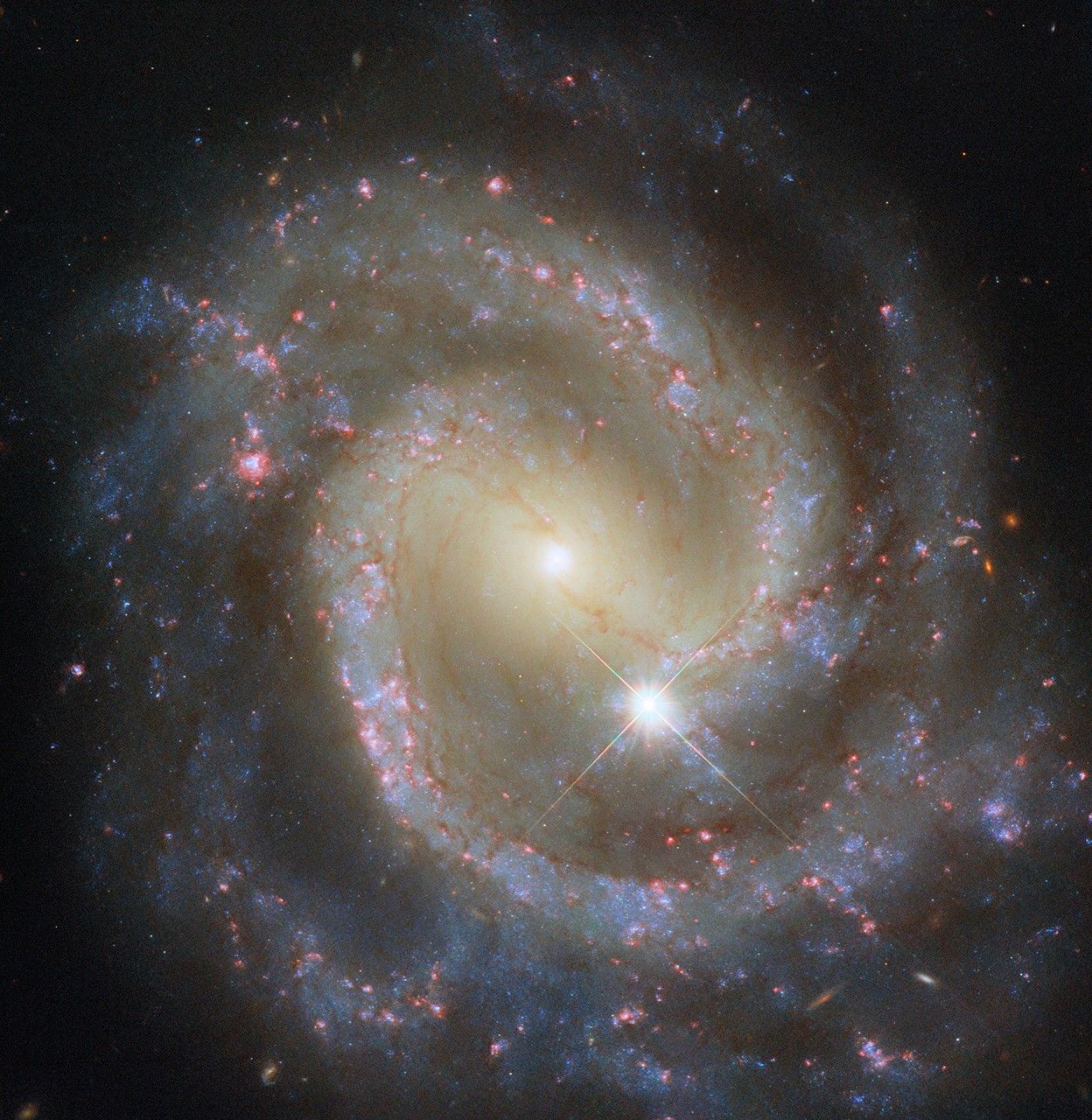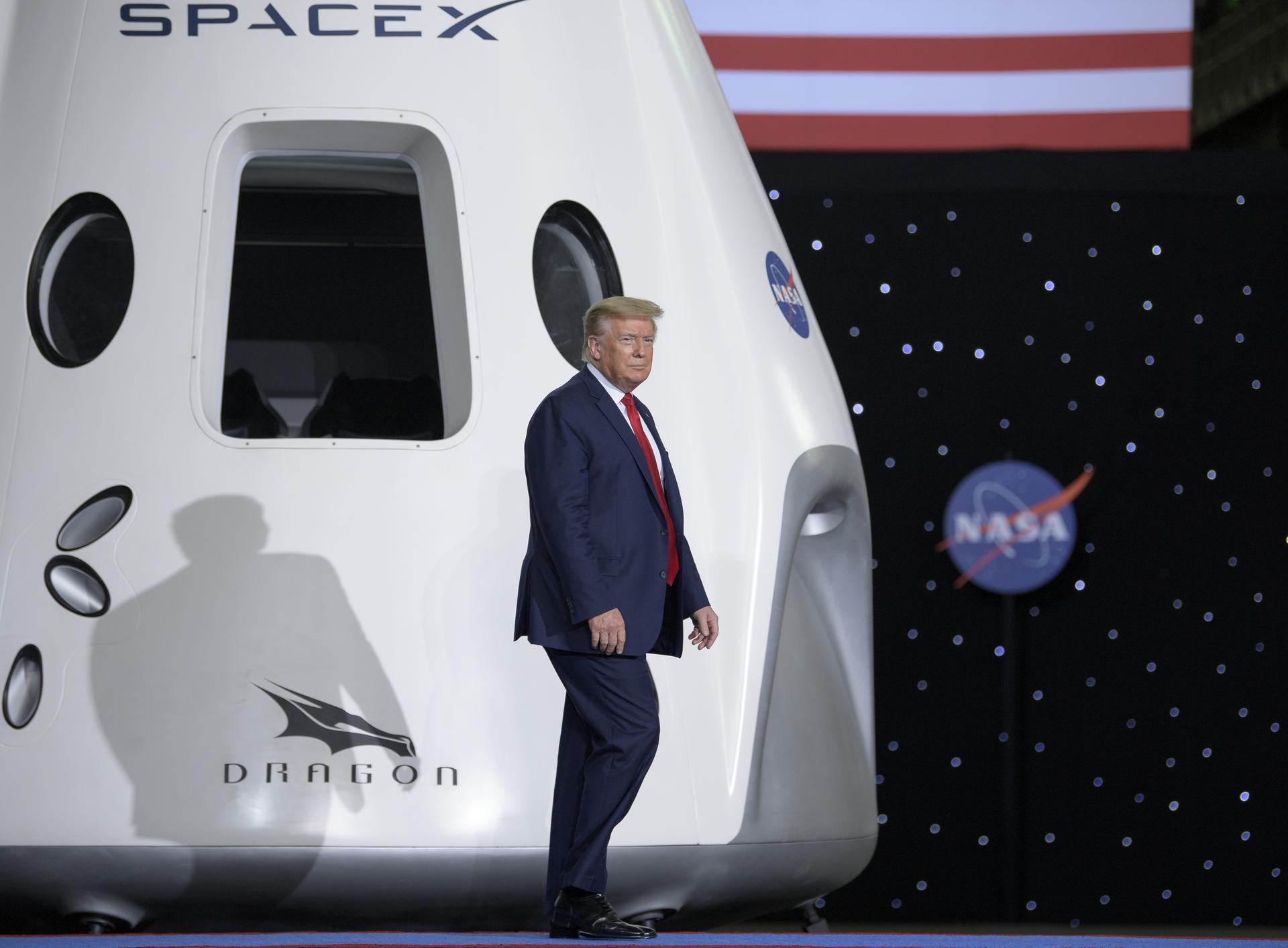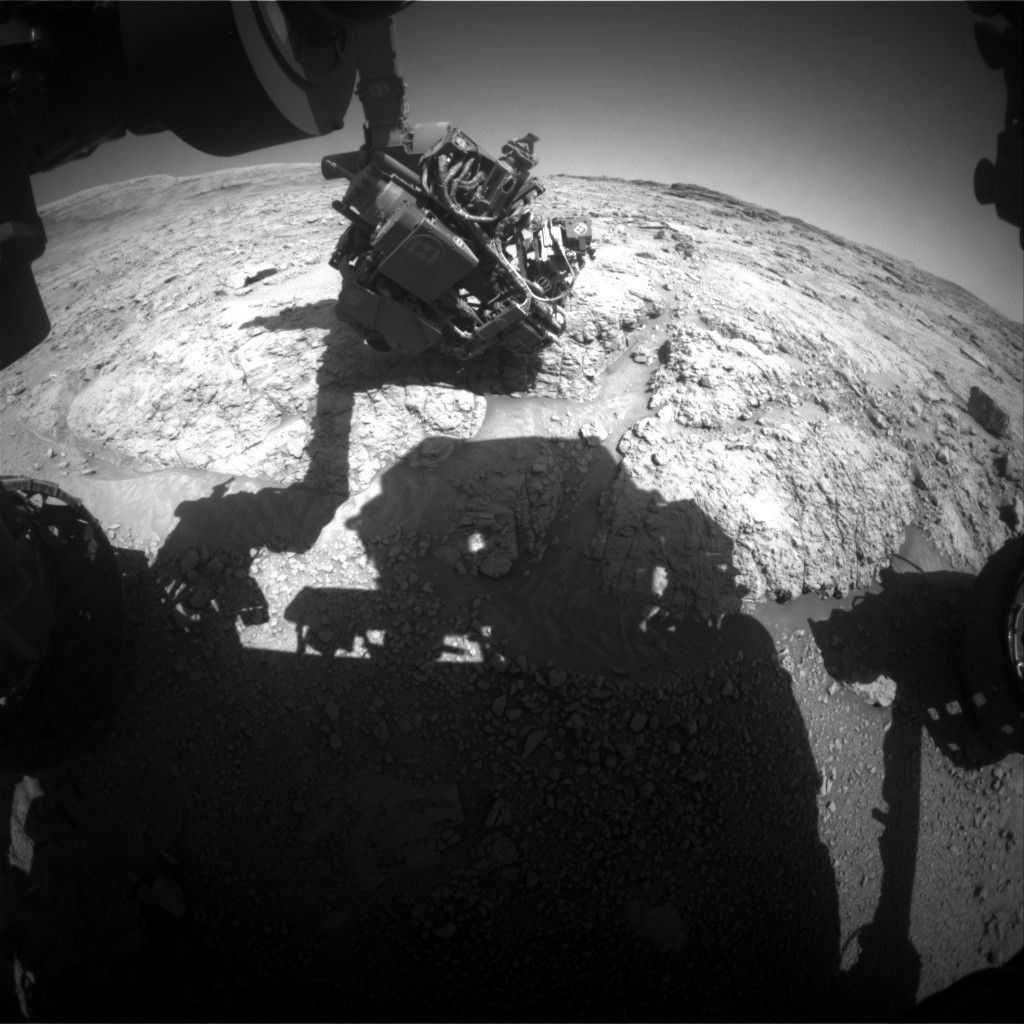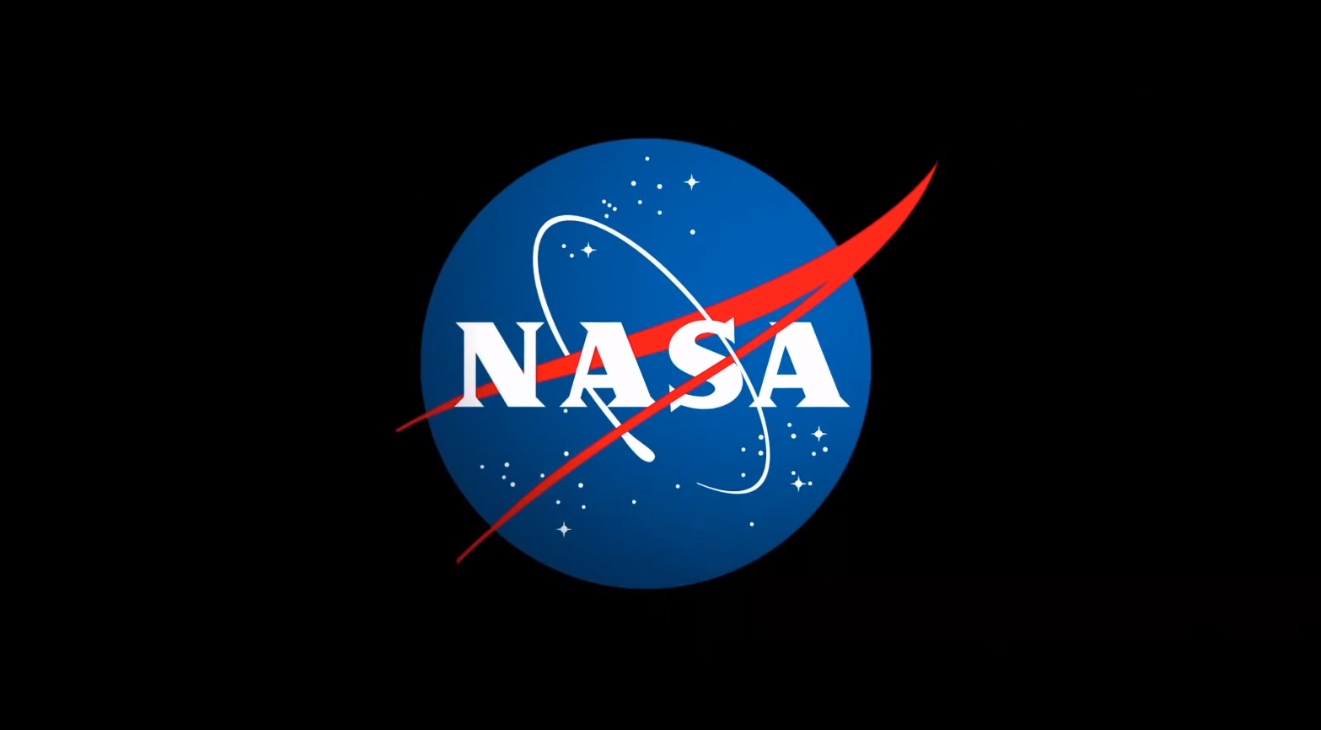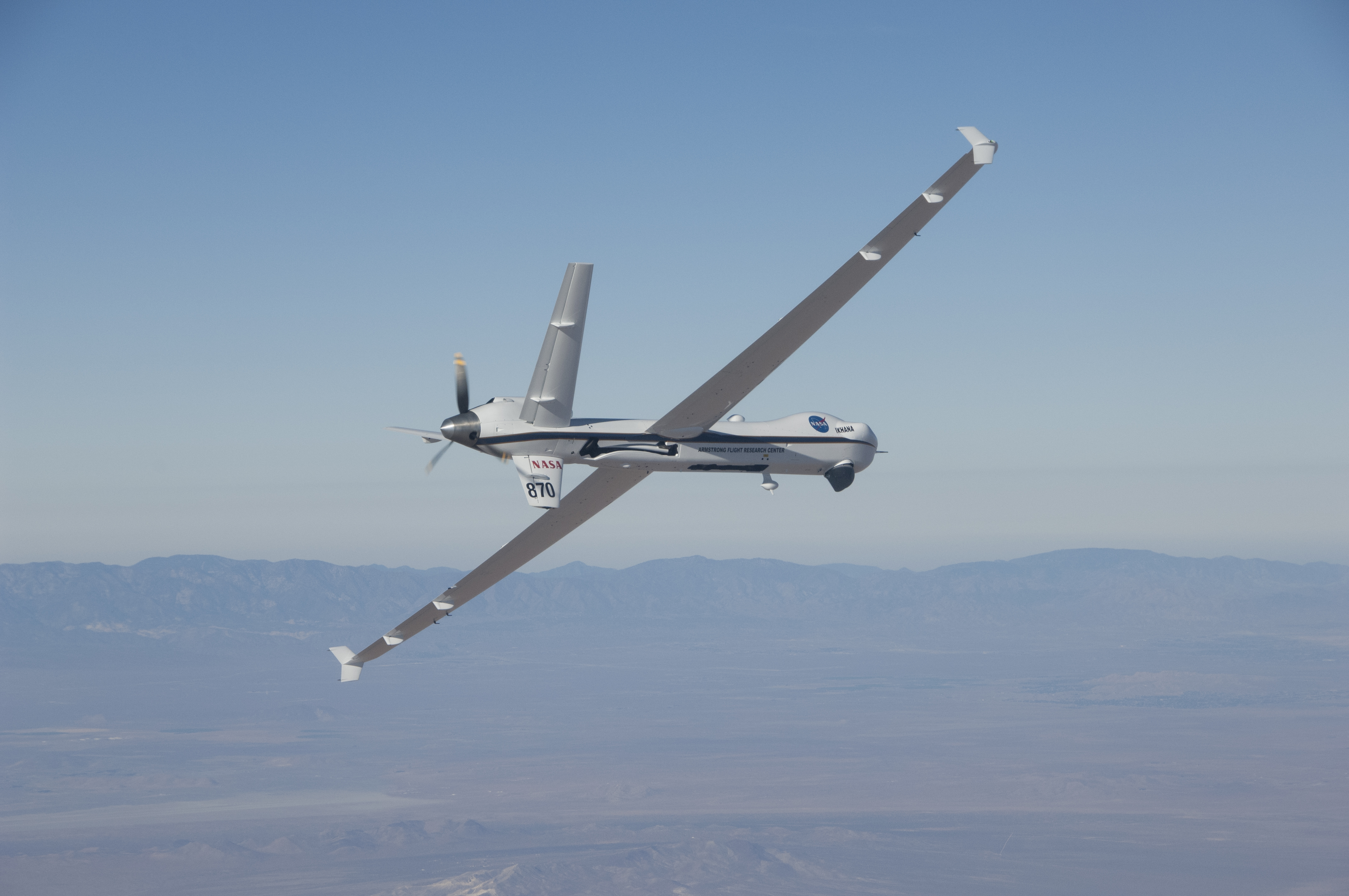President’s NASA FY 2025 Funding Supports US Space, Climate Leadership
The Biden-Harris Administration Monday released the President’s Budget for Fiscal Year 2025, which includes funding to invest in America and the American people and will allow NASA to continue advancing our understanding of Earth and space while inspiring the world through discovery. “As history has proven, as the present has shown, and as the future […]
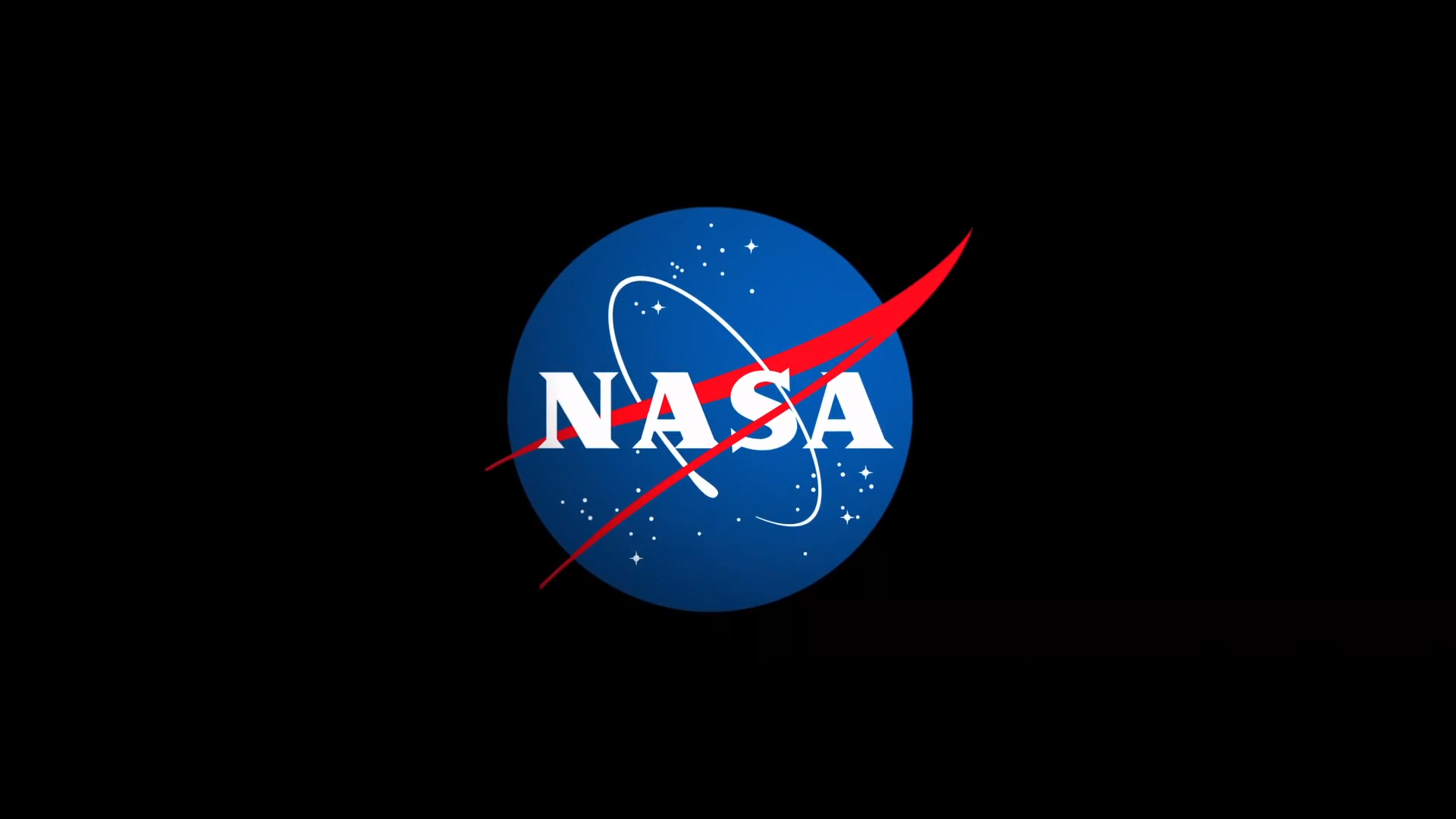
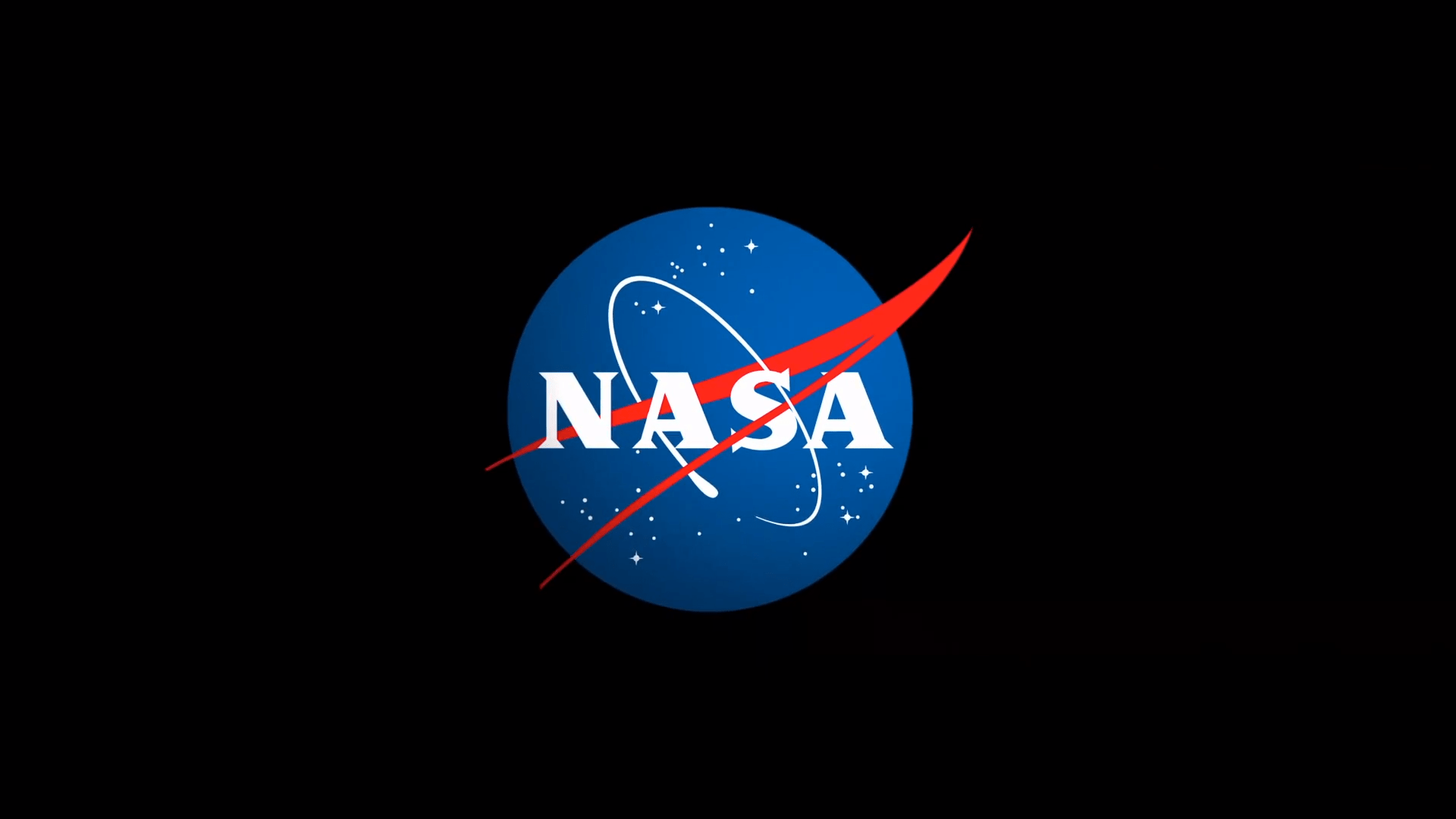
The Biden-Harris Administration Monday released the President’s Budget for Fiscal Year 2025, which includes funding to invest in America and the American people and will allow NASA to continue advancing our understanding of Earth and space while inspiring the world through discovery.
“As history has proven, as the present has shown, and as the future will continue to demonstrate, an investment in NASA is an investment in America for the benefit of humanity,” said NASA Administrator Bill Nelson. “President Biden’s budget will fund our nation’s abilities and leadership for the future of space exploration, scientific discovery, cutting-edge technology, climate data, the next generation of aeronautics, and inspiring our future leaders – the Artemis Generation.”
The budget allows NASA to launch the Artemis II mission, which will send astronauts around the Moon for the first time in more than 50 years, research Earth’s changing climate, grow commercial markets to serve America’s interests in space, and inspire the Artemis Generation of science, technology, engineering, and math professionals.
“This budget shows NASA’s value in contributing to the global leadership of the United States,” said Nelson. “Every dollar supports our ability to continue exploring new cosmic shores and making the impossible possible, all while creating competitive and good-paying jobs in all 50 states.”
At NASA, the budget request would:
- Invest in the U.S.-led Artemis campaign of lunar exploration: The budget includes $7.8 billion for the Artemis campaign, which will bring astronauts – including the first woman, first person of color, and first international astronaut –to the lunar surface starting this decade as part of a long-term journey of science and exploration.
- Enhance climate science and information: The budget invests $2.4 billion in the Earth science program for missions and activities that advance Earth systems science and increase accessibility to information to mitigate natural hazards, support climate action, and manage natural resources.
- Advance U.S. space industry technology development: The budget provides $1.2 billion for NASA’s space technology portfolio to foster innovative technology research and development to meet the needs of NASA, support the expanding U.S. space industry, which is creating a growing number of good jobs, and keep America ahead of competitors at the forefront of space innovation.
- Support highly efficient and greener commercial airliners: The budget invests $966 million in NASA’s aeronautics program, which will develop hybrid-electric jet engines, lightweight aircraft structures, and a major new flight demonstrator to pave the way for new commercial airliners that would be cheaper to operate and produce less pollution.
- Continue the transition to commercial space stations: The budget funds continued operation of the International Space Station, a vehicle to safely de-orbit the space station after it is retired in 2030, and the commercial space stations that NASA will use as soon as they become available.
- Increase STEM opportunities at minority-serving institutions: The budget provides $46 million to the Minority University Research and Education Project, to increase competitive awards to Historically Black Colleges and Universities, tribal colleges and universities, and other minority-serving institutions, and recruit and retain underrepresented and underserved students in STEM fields.
Following historic progress made since the President took office – with nearly 15 million jobs created and inflation down two-thirds – the budget protects and builds on this progress by lowering costs for working families and reducing the deficit by cracking down on fraud, cutting wasteful spending, and making the wealthy and corporations pay their fair share.
For more information on NASA’s fiscal year 2025 budget request, visit:
-end-
Faith McKie / Abbey Donaldson
Headquarters, Washington
202-358-1600
faith.d.mckie@nasa.gov / abbey.a.donaldson@nasa.gov
What's Your Reaction?



















.jpg?#)



